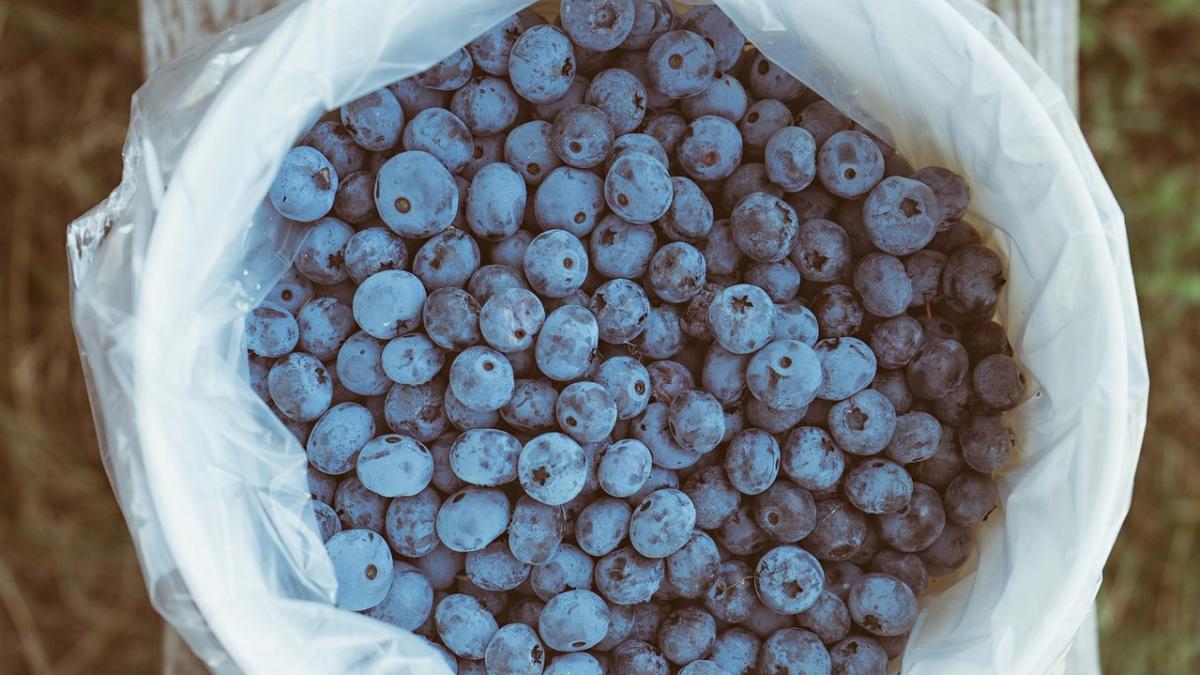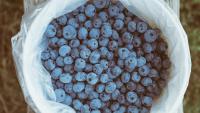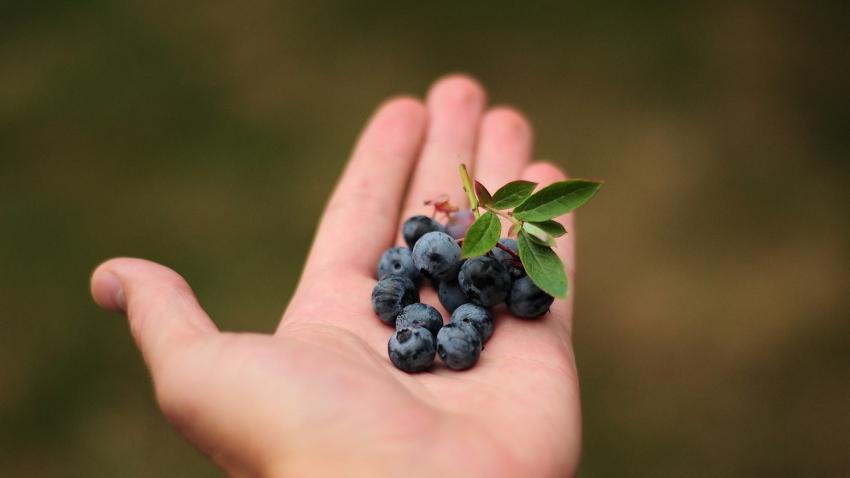You are here
Back to topFresh Polish Blueberries Granted China Market Access

From June 20 to 21, Yu Jianhua, the head of China’s General Administration of Customs, visited Poland, where the two sides signed a phytosanitary protocol for the export of fresh blueberries from Poland to China. On June 28, the GACC formally announced via its website that fresh Polish blueberries meeting the stipulated phytosanitary requirements would be permissible for import into China, making blueberries only the second Polish fruit to gain access to the Chinese market after apples.
Poland, as one of the world’s major blueberry producers as well as a prominent European berry producer, boasts a blueberry cultivation area exceeding 12,000 hectares. In 2022, Poland’s blueberry production exceeded 55,000 metric tons. Given the fact that numerous blueberry farms in the country have recently entered their peak production period, there remains substantial potential for Poland to further augment its blueberry output.
The blueberry season in Poland spans from July to September, with annual exports exceeding 20,000 metric tons. At present, Germany is the main export destination for Polish blueberries, followed by the United Kingdom, the Netherlands and Sweden. Over the past decade, however, Poland has made steady progress in expanding into Asian markets, successfully exporting its blueberries to countries such as Japan, Singapore, Malaysia and Indonesia.
According to the GACC announcement, the list of quarantine pests of concern includes Godronia canker (Godronia cassandrae), Septoria leaf spot (Septoria albopunctata), apple mussel scale (Lepidosaphes ulmi), cyclamen mite (Phytonemus pallidus), blueberry bud mite (Acalitus vaccinii), blueberry gall midge (Dasineura oxycoccana), heather mealybug (Peliococcus calluneti) and harmful fungi from the genus Diaporthe (Diaporthe spp.).
The phytosanitary protocol outlines specific requirements for farms intending to export fresh blueberries to China, which include strict adherence to good agricultural practices and integrated pest management techniques. During the packaging process, blueberries destined for China should undergo procedures such as the removal of diseased and deformed fruits, sorting, grading and air blowing. The goal of these measures is to ensure that the blueberries are free from insects, mites, rotten fruits, branches, leaves, roots and soil contaminants.
During the initial two-year period, the Polish Ministry of Agriculture and Rural Development or its authorized agents are required to take random samples of 2% of blueberries bound for China to check for the presence of pests of concern. If no phytosanitary issues are detected within the first two years, the sampling rate will be reduced to 1%. If China Customs finds any unqualified fruit upon arrival, it has the right to return, destroy or disinfect them. Simultaneously, China will promptly notify Polish authorities and may temporarily suspend the export of blueberries from the specific farms and packaging facilities for the remainder of the export season.
Image: Pixabay
This article was translated from Chinese. Read the original article.















Add new comment